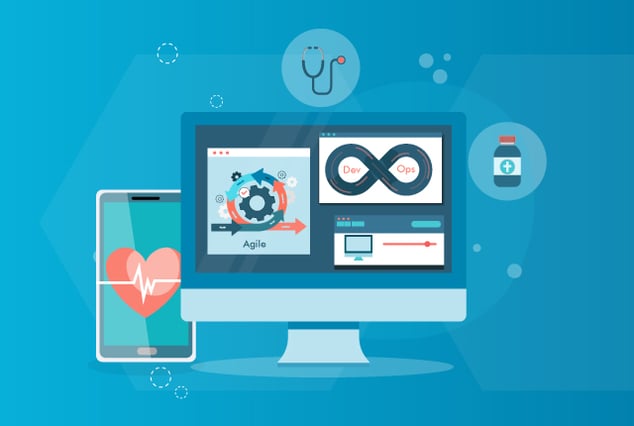
One of the key challenges of working with an outsourced QA partner is aligning a new, offshore team with your product, procedures, and larger business objectives. Without the proper transfer of knowledge from the customer to the offshore team, engineers will be testing blindly. This leads to process slow-downs, inflated project budgets, and even lost contracts.
When outsourcing QA, you can ensure that teams are brought up to speed by following these three best practices:
Understanding the customer and the project
The first step in any project proposal is to familiarize yourself and your team with the customer. To start, you should assign a more senior technical lead to oversee the offshore team and communicate with the customer. During the lead’s initial meetings with the customer, they should learn about the business domain, their existing IT infrastructure, their team and task management process, the specific project requirements, and the tools and technology they want to use.
Spread knowledge to the larger team
Once your senior technical lead has been brought up to speed by the customer, they can proceed with the knowledge transfer to the larger offshore team. The earlier in the proposal this happens, the faster the team can go about developing a strategic, creative test plan. If possible, enlist QA engineers with domain expertise in this part of the process.
So, what exactly does this knowledge sharing look like? Your approach can involve:
- Classroom training
- Review of documentation
- Mentoring and buddy arrangements
- Apprenticeship (senior/junior working relationship)
Ensure that information continues to circulate
Every outsourcing QA provider is structured differently, but you should ensure that your team keeps open lines of communication so that everyone is kept current about business priorities, test objectives, and all of the knowledge that comes from the client. Be sure to remain consistent about communication tools, meeting schedules, meeting attendees, escalation points, and report templates.
How are other product companies using QA partners to add value to their organizations?
Grab our free whitepaper to find out!



